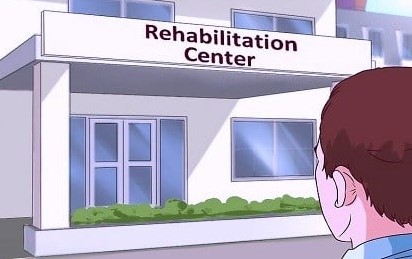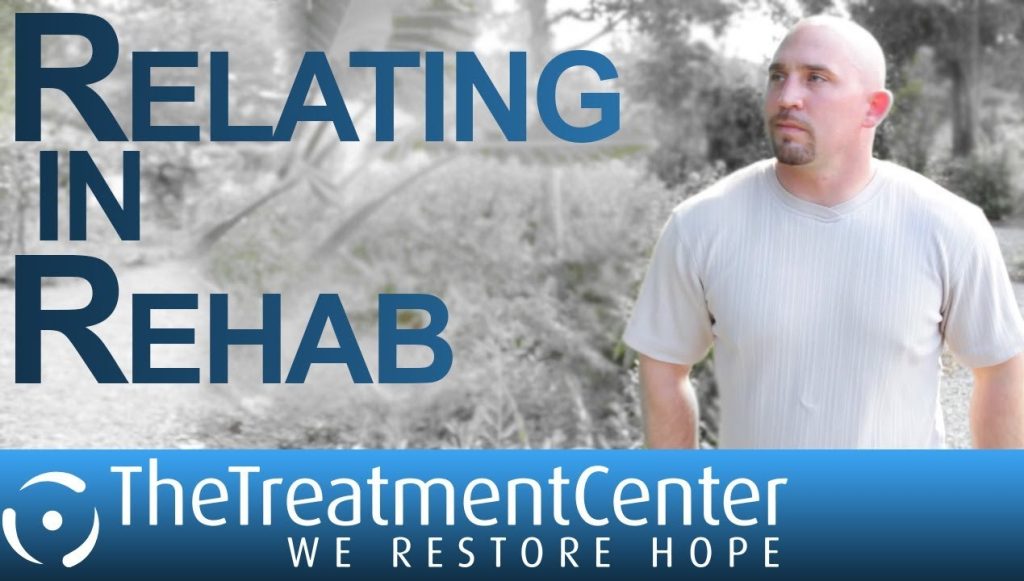Reviving Hope: Statistics and Insights on Rehabilitation

In recent years, the demand for rehabilitation centers has surged dramatically, reflecting a growing recognition of the prevalence and impact of substance abuse and addiction worldwide. As society grapples with the complex challenges of addiction and mental health disorders, understanding the statistics behind the need for rehabilitation centers becomes crucial. In this article, we delve into the statistics that underscore the rising need for rehabilitation centers and explore the importance of these facilities in addressing addiction and promoting recovery.
Understanding the Statistics:
Substance Abuse Prevalence:
- According to the World Health Organization (WHO), an estimated 275 million people worldwide used drugs at least once in 2020.
- The Substance Abuse and Mental Health Services Administration (SAMHSA) reports that in the United States alone, approximately 20.4 million people aged 12 or older had a substance use disorder in 2020.
Opioid Epidemic:
- The opioid epidemic has reached alarming proportions, with opioids contributing to over 70% of drug overdose deaths globally.
- In the United States, the National Institute on Drug Abuse (NIDA) estimates that over 70,000 overdose deaths occurred in 2019, with opioids accounting for nearly 70% of these fatalities.
Mental Health Disorders:
- Mental health disorders often co-occur with substance abuse, exacerbating the challenges of addiction.
- The WHO reports that depression is a leading cause of disability worldwide, affecting over 264 million people globally.

Empowering Health: The Impact of Rehabilitation Centers:
Providing Comprehensive Treatment:
- Rehabilitation centers offer comprehensive treatment programs that address the physical, psychological, and social aspects of addiction.
- These programs typically include detoxification, therapy, counselling, medication-assisted treatment, and aftercare support to promote long-term recovery.
Creating Supportive Environments:
- Rehabilitation centers provide a supportive and structured environment conducive to recovery, free from triggers and temptations associated with substance abuse.
- Through group therapy, peer support, and individual counselling, individuals in rehabilitation centers receive the encouragement and guidance needed to navigate the challenges of addiction.
Fostering Healing and Empowerment:
- Rehabilitation centers empower individuals to take control of their lives and overcome addiction by equipping them with coping strategies, life skills, and relapse prevention techniques.
- By addressing underlying trauma, co-occurring disorders, and behavioural patterns, rehabilitation centers facilitate holistic healing and personal growth.
Healing Lives: The Rising Demand for Rehabilitation Centers:
As the statistics reveal, the need for rehabilitation centers has never been more pressing in light of the escalating challenges posed by substance abuse and addiction. These facilities play a vital role in providing individuals with the resources, support, and opportunities they need to embark on the journey of recovery and reclaim their lives. By investing in rehabilitation centers and promoting access to quality addiction treatment services, we can work towards a future where every individual struggling with addiction has the opportunity to heal, thrive, and contribute positively to society.

